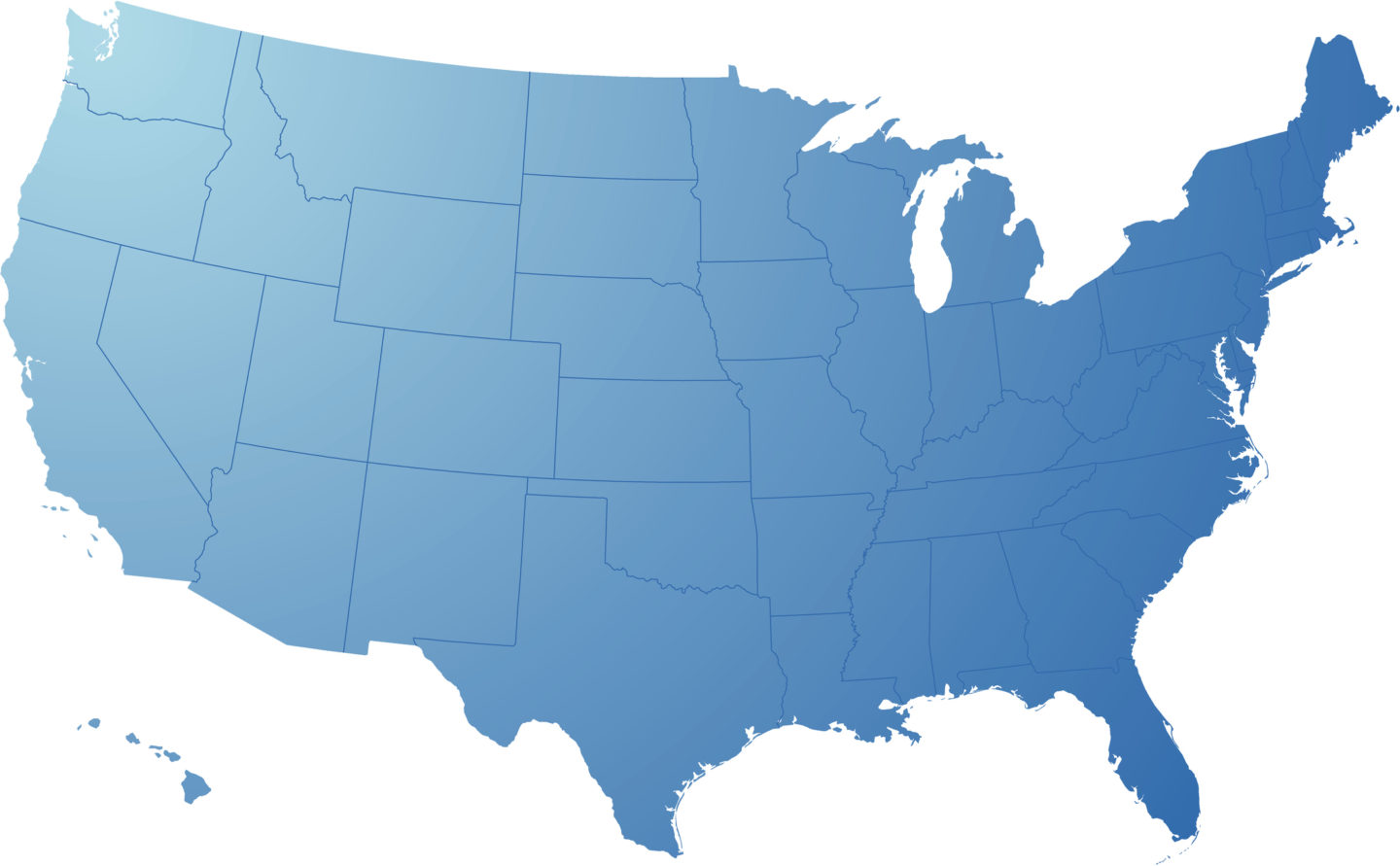No, it actually doesn't.
The Supreme Court ignored reality in order to give right wingers what they wanted.
In the whole of the talk about the meaning of the Second Amendment, the Supreme Court failed to talk about what the Founding Fathers in the House said during the debates on the future Second Amendment.
Partly because the DC side didn't do a good job and were pushing some nonsense, but also because it's rather an inconvenient document for the Heller side and for the right.
Here's an example of their ability to twist and squirm to make it look like they're not being biased:
"At the time of the founding, as now, to “bear” meant to “carry.”"
This is a nonsense statement. Just because it CAN mean something, doesn't mean it DOES.
So they said:
"When used with “arms,” however, the term has a meaning that refers to carrying for a particular purpose—confrontation."
Yes, and no. What kind of "confrontation"?
Then they wrote this:
"We think that Justice Ginsburg accurately captured the natural meaning of “bear arms.” Although the phrase implies that the carrying of the weapon is for the purpose of “offensive or defensive action,” it in no way connotes participation in a structured military organization."
Then this:
"From our review of founding-era sources, we conclude that this natural meaning was also the meaning that “bear arms” had in the 18th century. In numerous instances, “bear arms” was unambiguously used to refer to the carrying of weapons outside of an organized militia."
And this:
"The most prominent examples are those most relevant to the
Second Amendment : Nine state constitutional provisions written in the 18th century or the first two decades of the 19th, which enshrined a right of citizens to “bear arms in defense of themselves and the state” or “bear arms in defense of himself and the state.”
8 It is clear from those formulations that “bear arms” did not refer only to carrying a weapon in an organized military unit."
Let's take a look at these:
The first, North Carolina 1776:
"
That the people have a right to bear arms, for the defence of the State;"
So, clearly not bearing arms for purposes other than "defence of the state". However, this does fall outside of an "organized military unit". So as long as you're defending your state, you're allowed to "bear arms".
Pennsylvania 1776 gets more interesting:
"
That the people have a right to bear arms for the defence of themselves and the state"
Ah, the defence of "themselves". Does this mean an individual has the right to defend themself? Or does it mean "the people" can defend "the people"? Is it collective defense or individual defense? This isn't clear. Which is a problem for us interpreting this now.
Massachusetts 1780:
"
The people have a right to keep and to bear arms for the common defence."
Ah, the people have the right to bear arms for the "common defence". This seems to push "defence of themselves" more towards "common defence" than it does "individual defence".
This is where Mississippi 1817 comes in:
"
Every citizen has a right to bear arms, in defence of himself and the State."
If all these other clauses provided individual defense rights, why did Mississippi change this and say "defence of himself"? Seems to show that "themselves" and "himself" mean two very different things.
When we look at the original versions of the Second Amendment it becomes clearer.
June 8th 1789, the House proposed this version with this clause at the end:
"but no person religiously scrupulous of bearing arms shall be compelled to render military service in person."
Compelled to render military service in person.
17th August 1789 they proposed: "but no person religiously scrupulous shall be compelled to bear arms."
Seems pretty clear that they thought "render military service" and "bear arms" to be synonymous.
They switched back and forth with these two terms before deciding to drop the clause because they felt the government could decide who was religiously scrupulous and then prevent people from being in the militia. (they said nothing about being worried the US govt would prevent people being able to defend their individual self or hunt, for example).
It's also pretty clear that the Founding Fathers mean "bear arms" to mean "render military service" or "militia duty" here:
Mr Gerry said:
" Now, if we give a discretionary power to exclude those from militia duty who have religious scruples, we may as well make no provision on this head."
"Mr. Jackson was willing to accommodate. He thought the expression was, "No one, religiously scrupulous of bearing arms, shall be compelled to render military service, in person, upon paying an equivalent.""
The reality is that the Supreme Court wanted to try and ignore History, and push for something they actually wanted.


